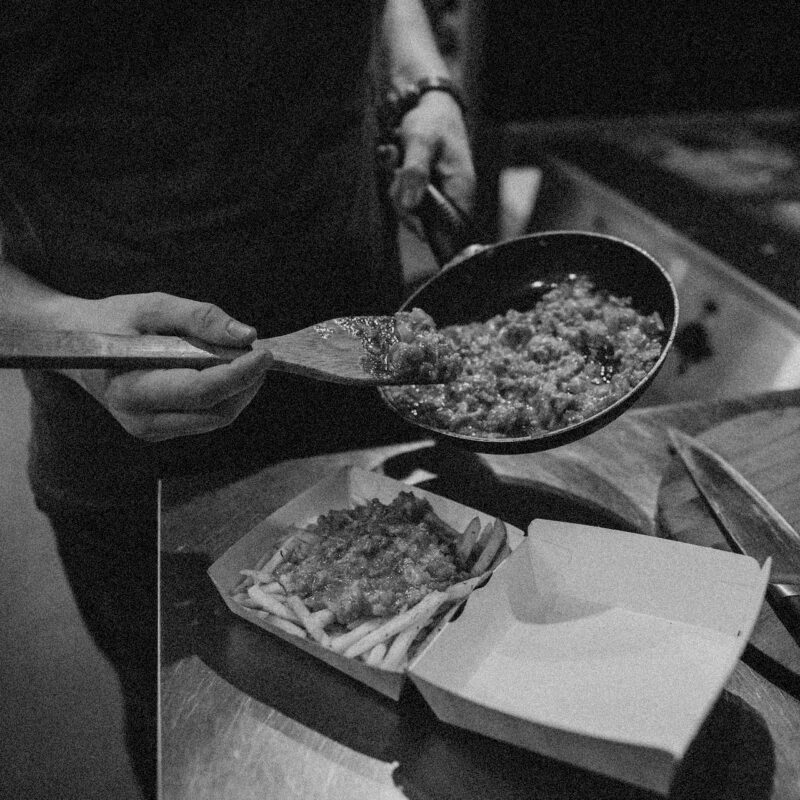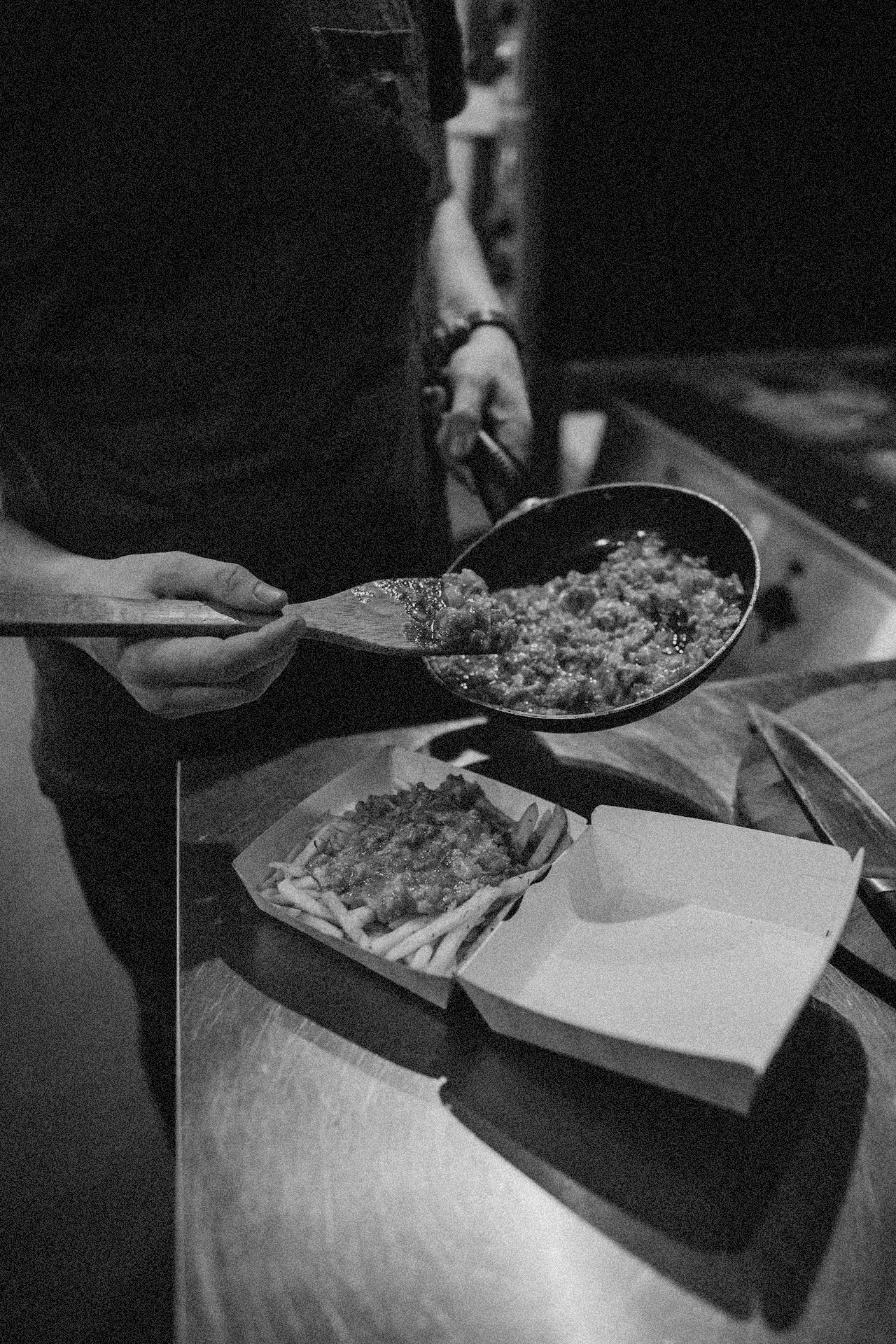HM Revenue & Customs (HMRC) has recently issued letters to restaurant and takeaway businesses across the country, emphasising the importance of correctly applying VAT on hot food.
HMRC has identified 4,000 traders who it believes are under reporting their sales and is writing to 500 agents who it has on record as representing those 4,000 traders.
The Institute of Chartered Accountants in England and Wales (ICAEW) has a copy of the letter being sent to selected agents. This suggests that HMRC has analysed data from the ever-popular food delivery intermediaries such as Uber Eats, Just Eat and Deliveroo and has identified discrepancies between that data and filed VAT returns or on corporation/sole trader tax returns.
HMRC has identified 4,000 traders who it believes are under reporting their sales and is writing to 500 agents who it has on record as representing those 4,000 traders.
The Institute of Chartered Accountants in England and Wales (ICAEW) has a copy of the letter being sent to selected agents.
This move comes amidst potential confusion amongst business owners regarding the varying VAT rates applicable to different types of food items.
Understanding VAT on hot and cold takeaway food
The crux of the matter lies in distinguishing between hot and cold takeaway food items and their corresponding VAT rates.
It’s essential to note that all hot takeaway food and most drinks are subject to a standard VAT rate of 20 per cent.
This includes a wide range of items typically sold in a heated state or specifically prepared to be consumed hot.
On the other hand, certain cold takeaway foods can enjoy a zero-rated VAT status.
Notably, this includes items like sandwiches, cakes, and even pasties and other cooked pastry products.
However, for these items to be zero-rated, they must not be advertised as hot products and should not be kept warm post-cooking.








